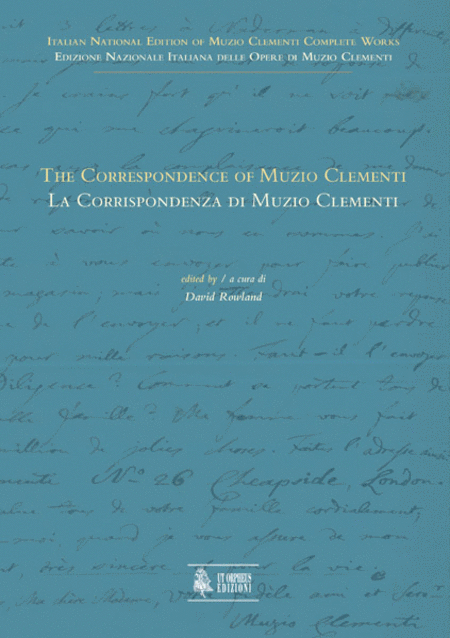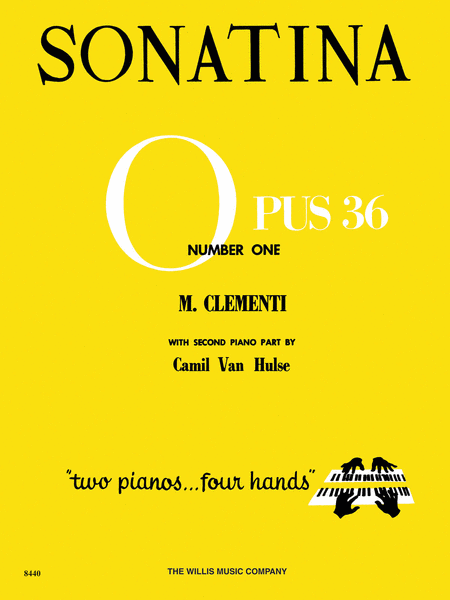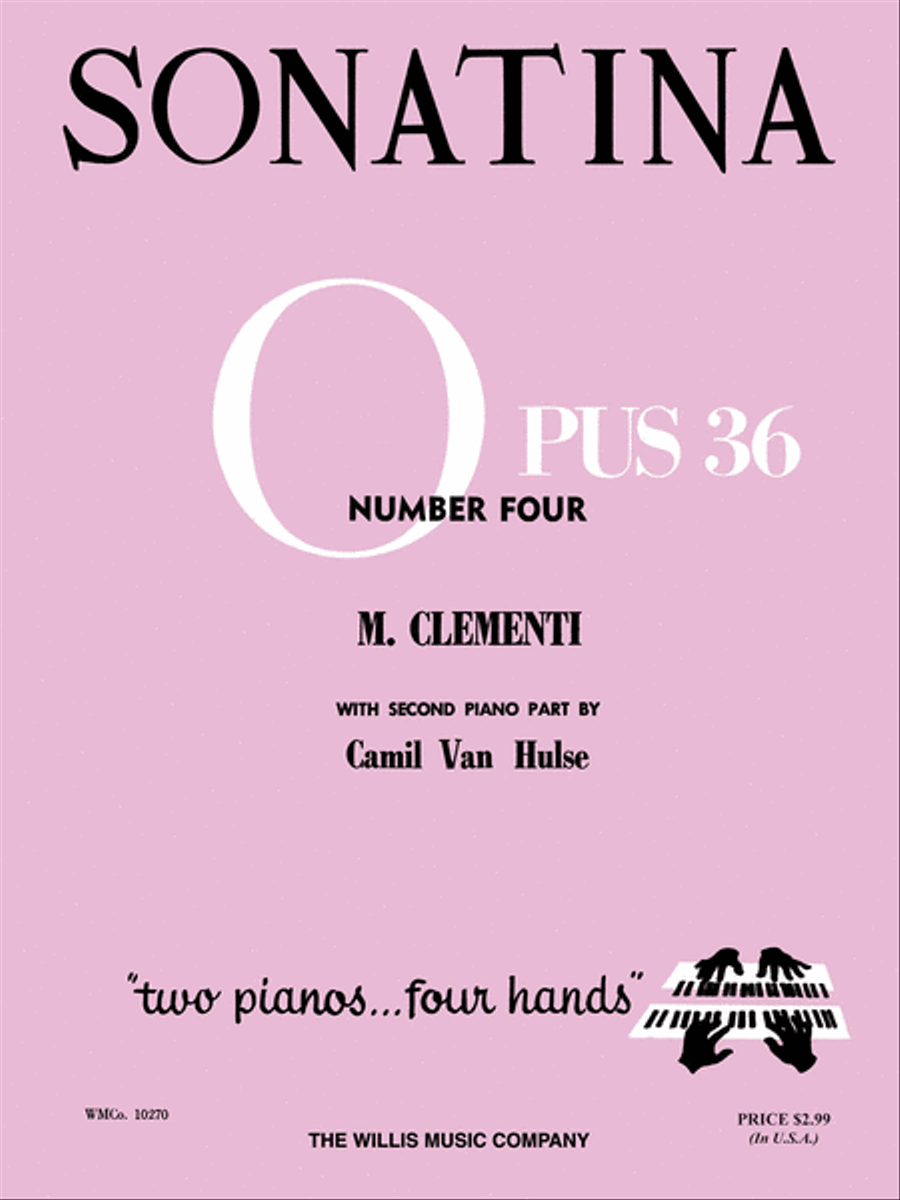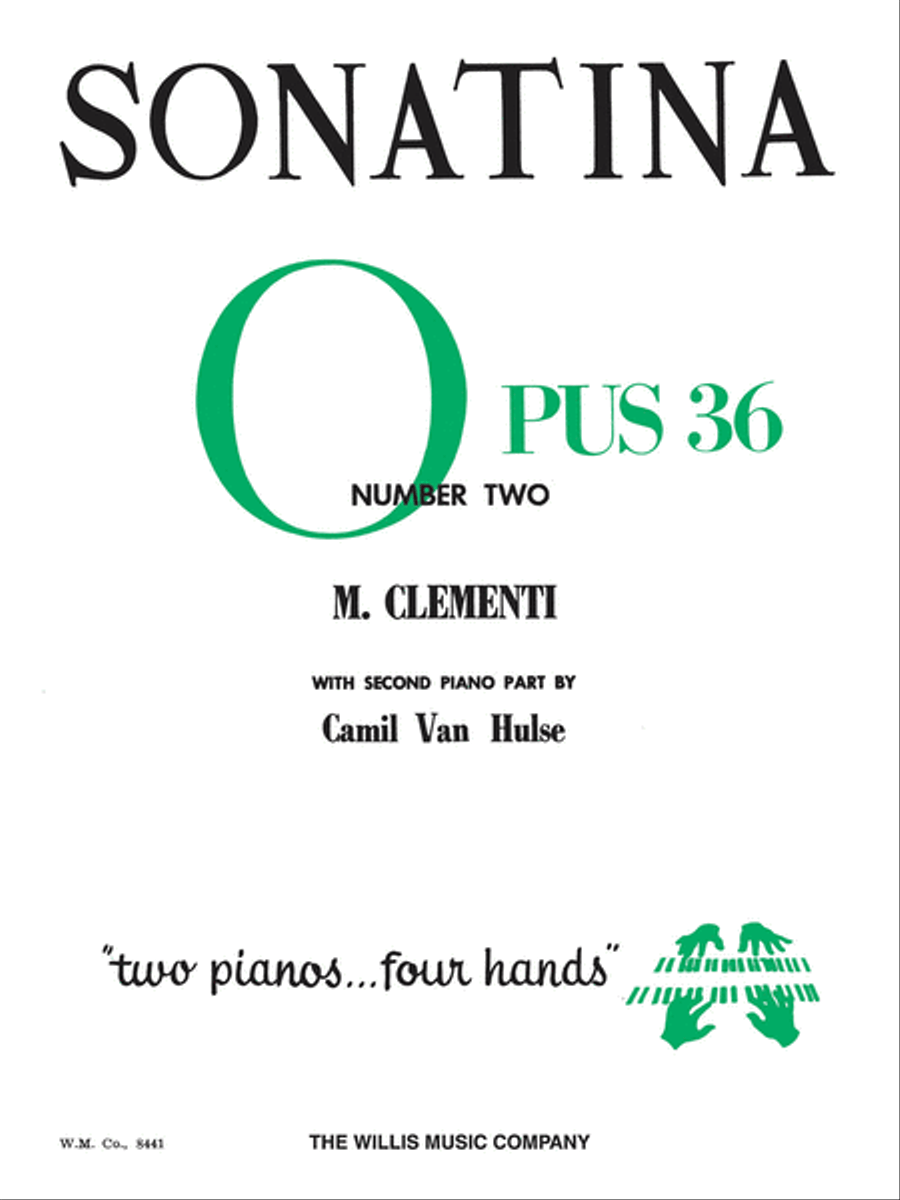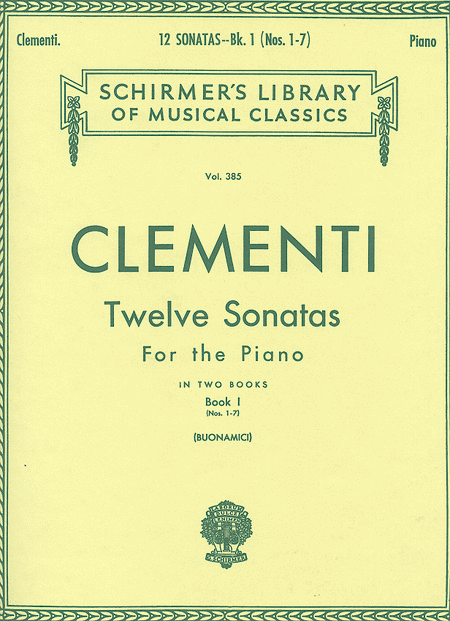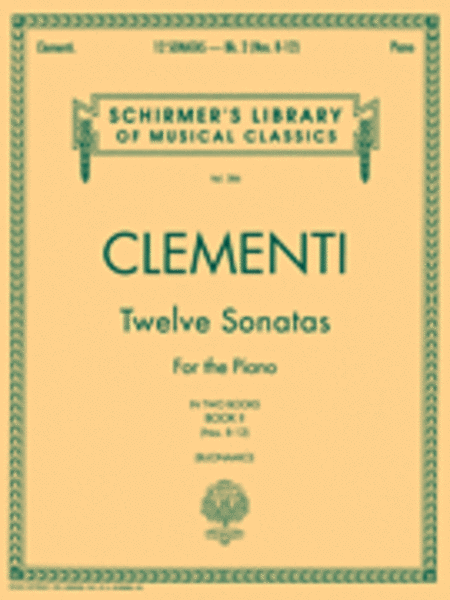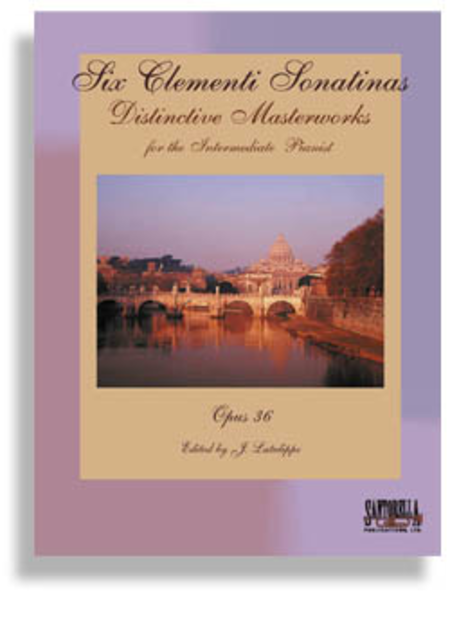Muzio Clementi (1752 - 1832)
 Italie
Italie
Muzio Clementi (23 January 1752, Rome ? 10 March 1832, Evesham, Worcestershire, England) was an celebrated Italian classical music musician, composer, pianist, piano teacher, orchestral conductor, music publisher, editor and piano manufacturer. He is ... (Read all)
Source : Wikipedia
 Italie
ItalieMuzio Clementi (23 January 1752, Rome ? 10 March 1832, Evesham, Worcestershire, England) was an celebrated Italian classical music musician, composer, pianist, piano teacher, orchestral conductor, music publisher, editor and piano manufacturer. He is ... (Read all)
Source : Wikipedia
Free sheet music of Muzio Clementi - 2 have three movements, No
1 sheets found sorted by:
Search
| ||||||||||||||||||||||||||||||||||||||||



